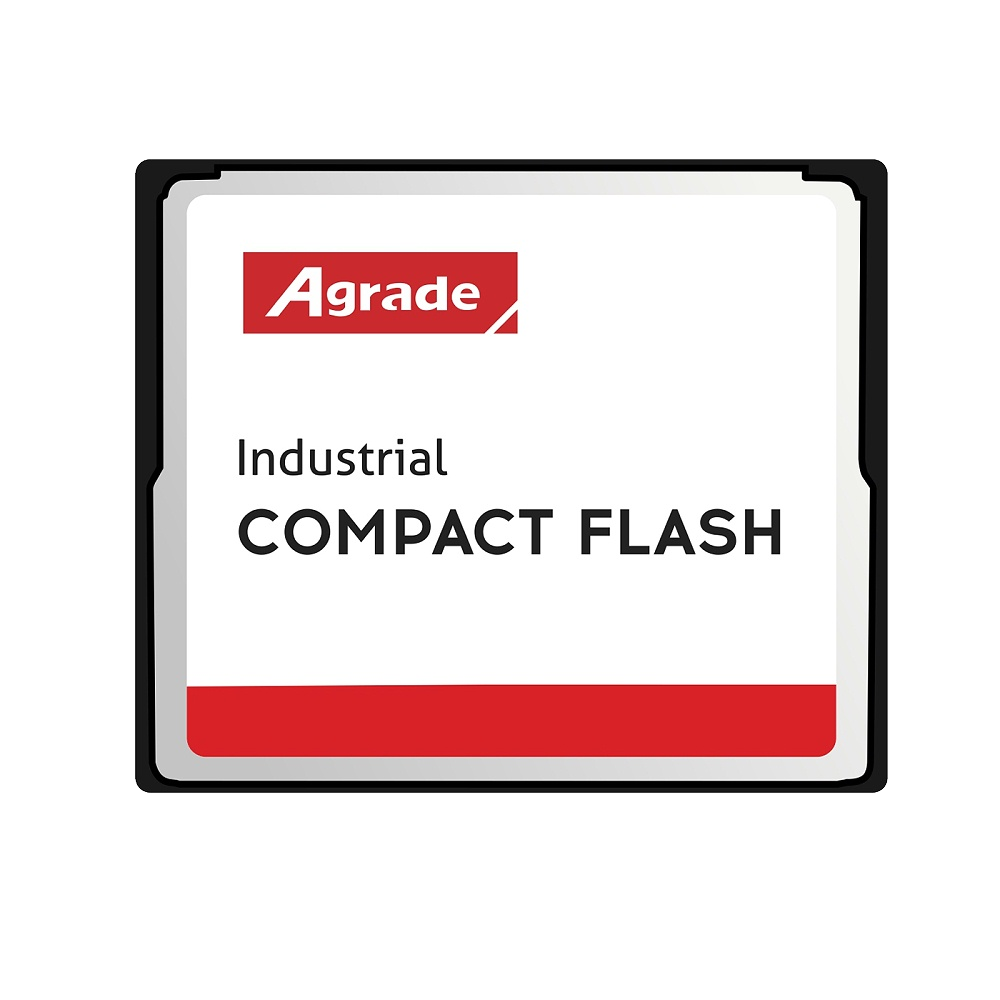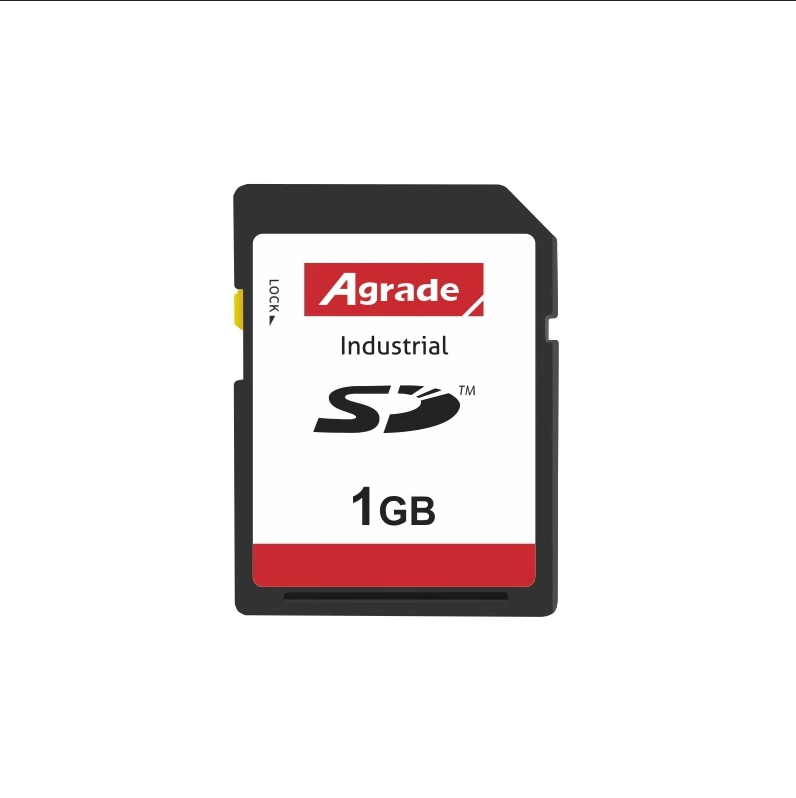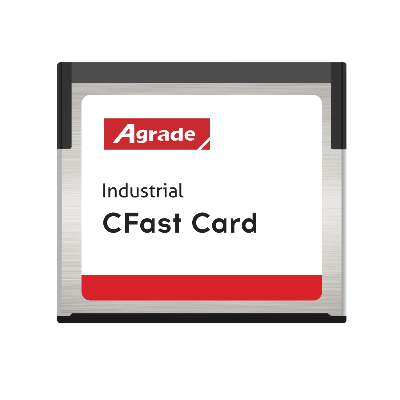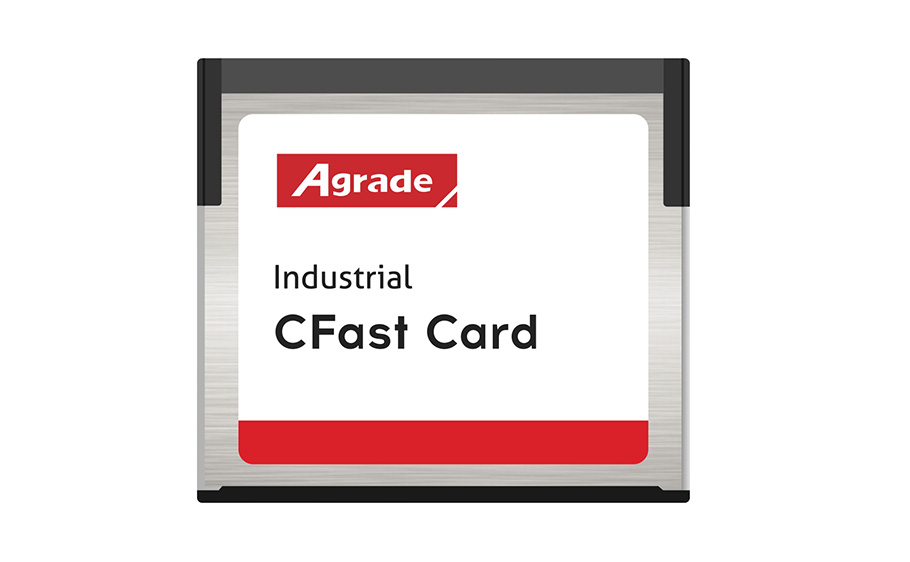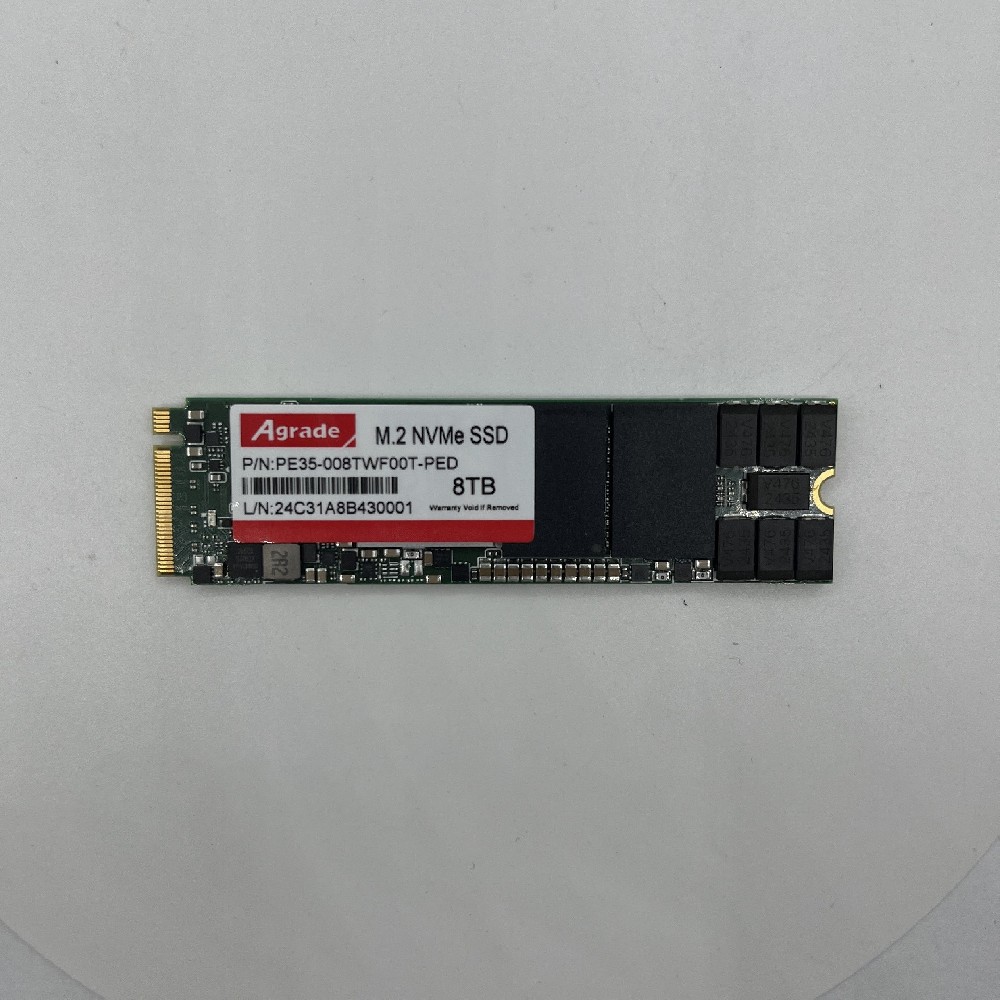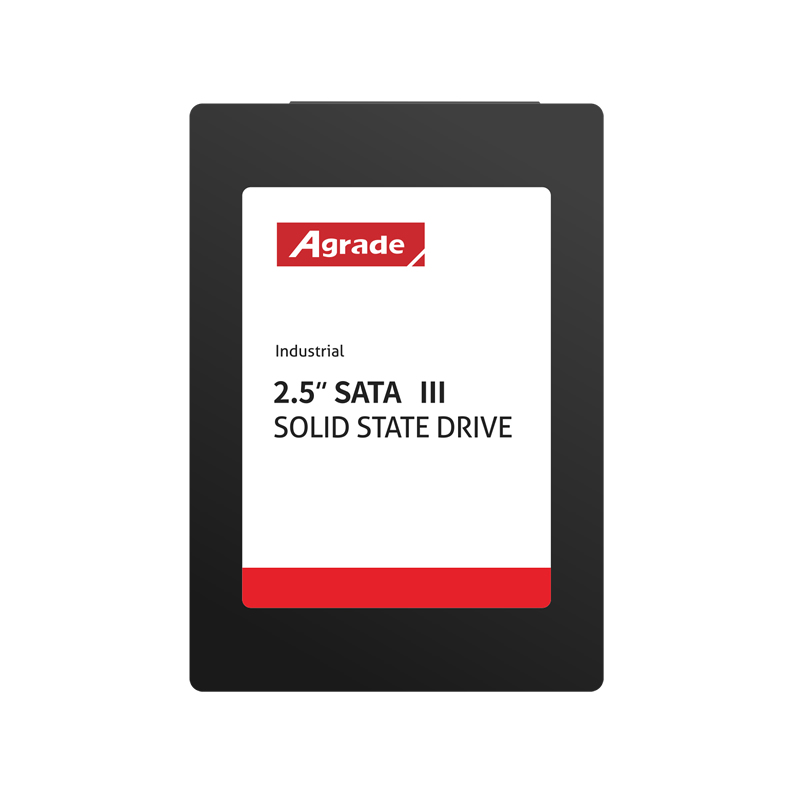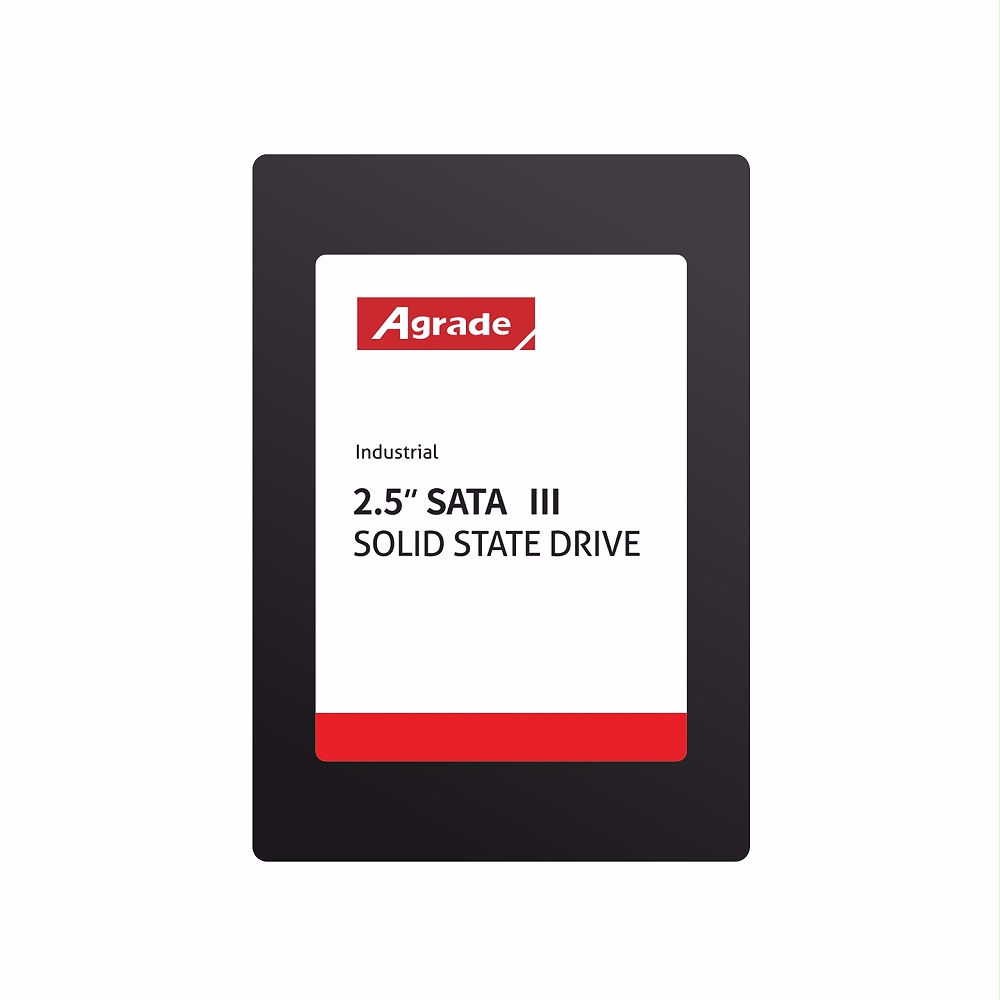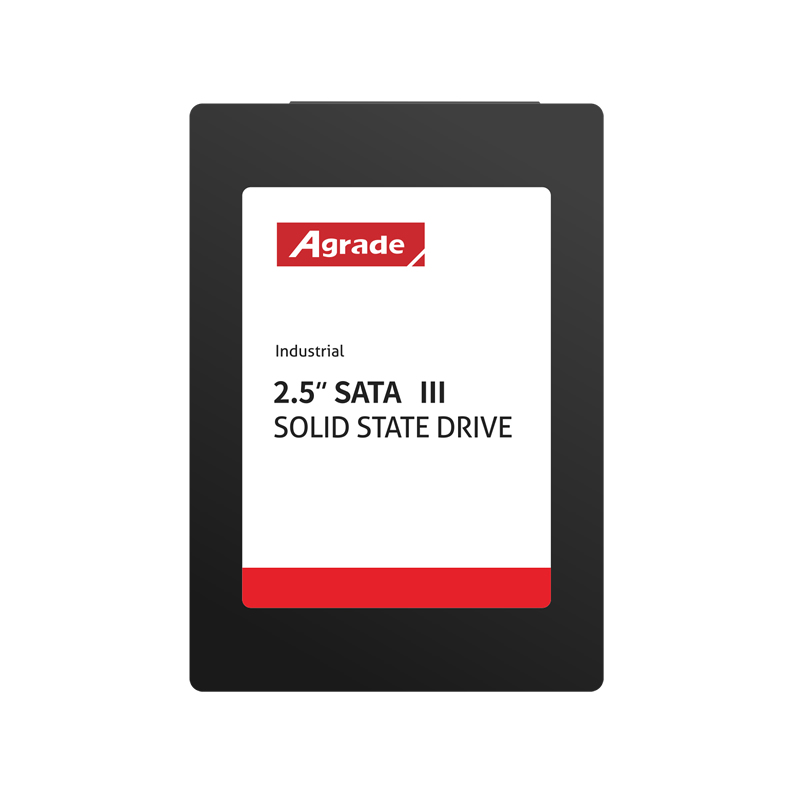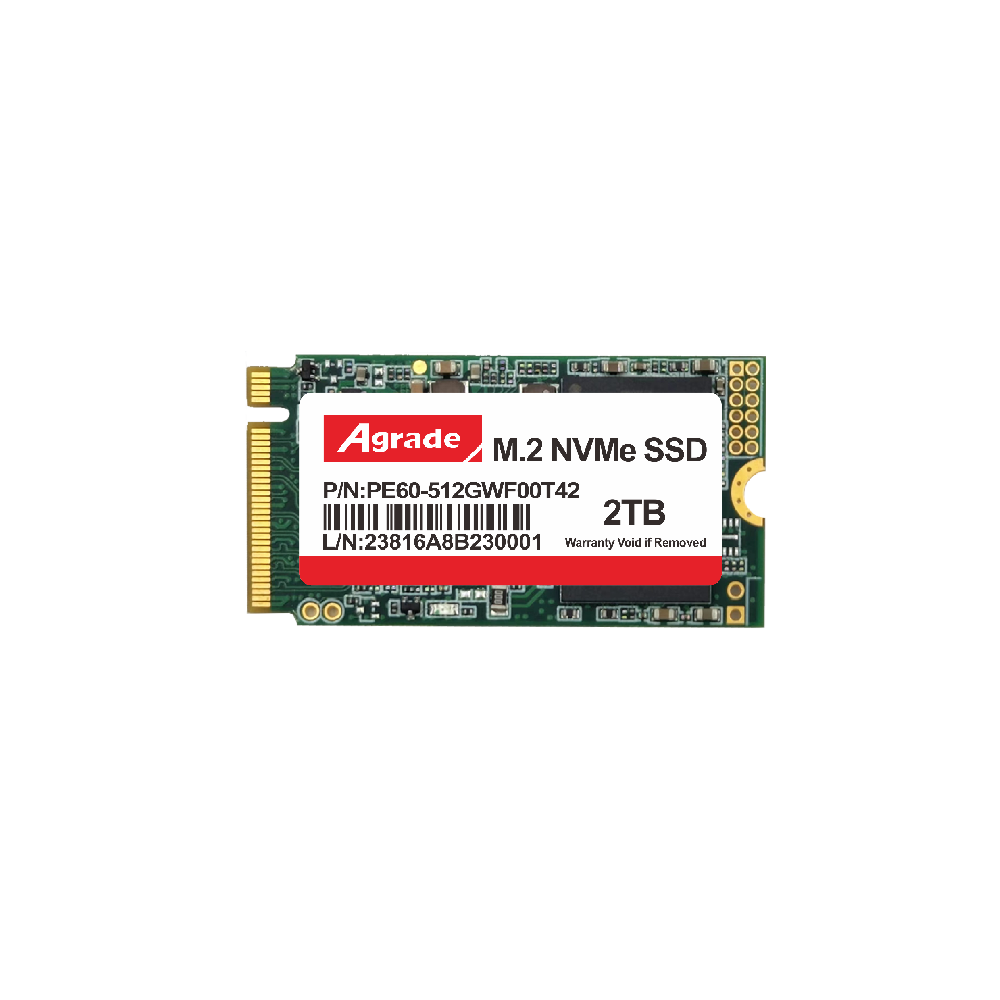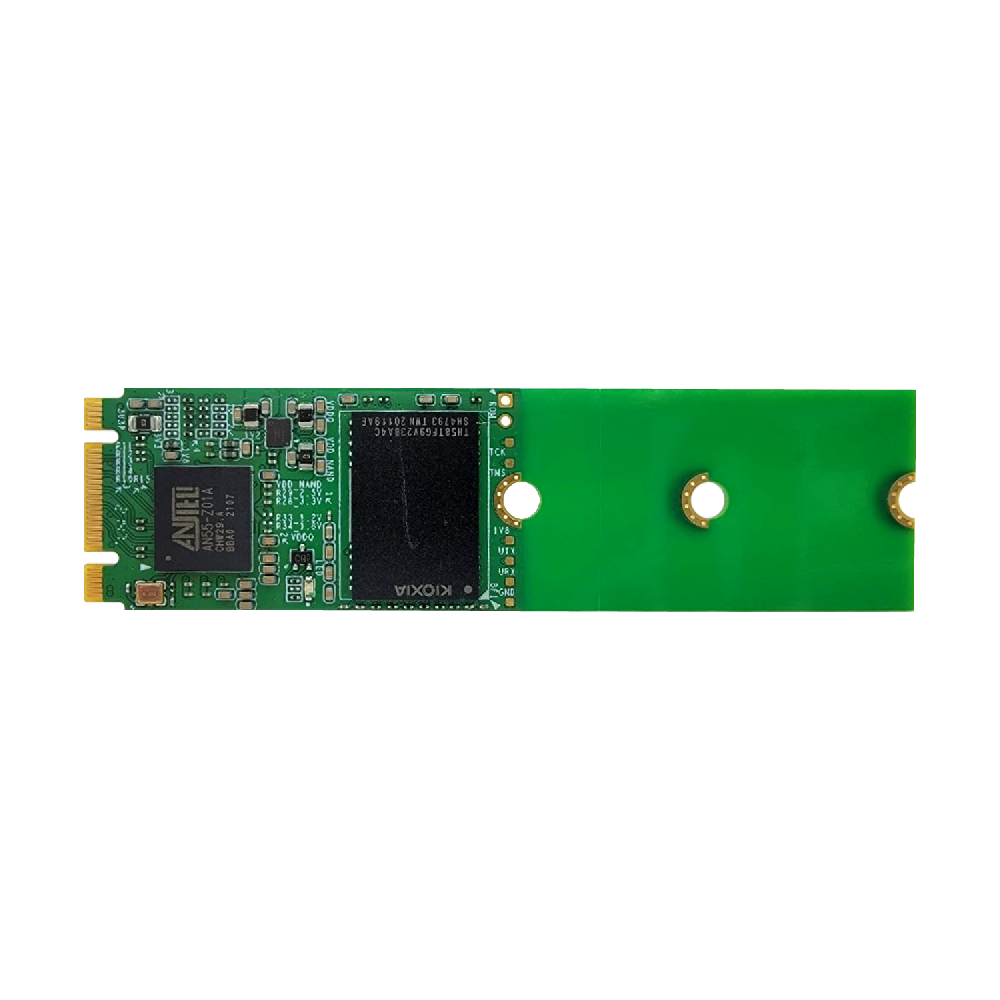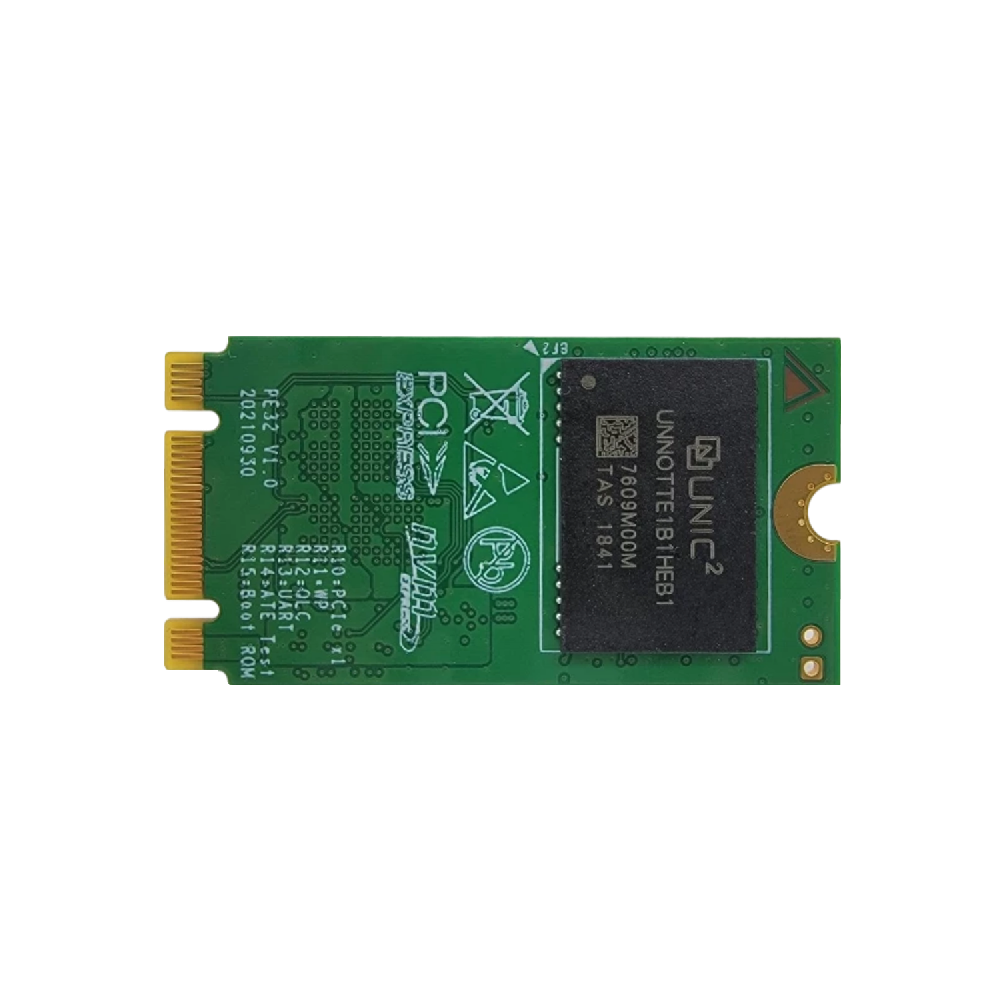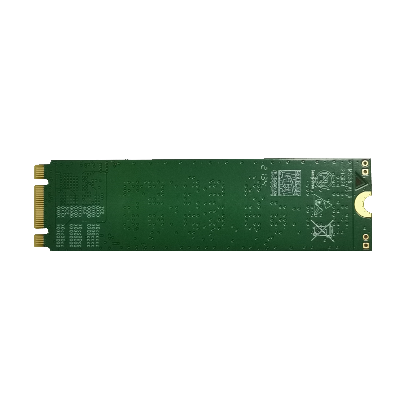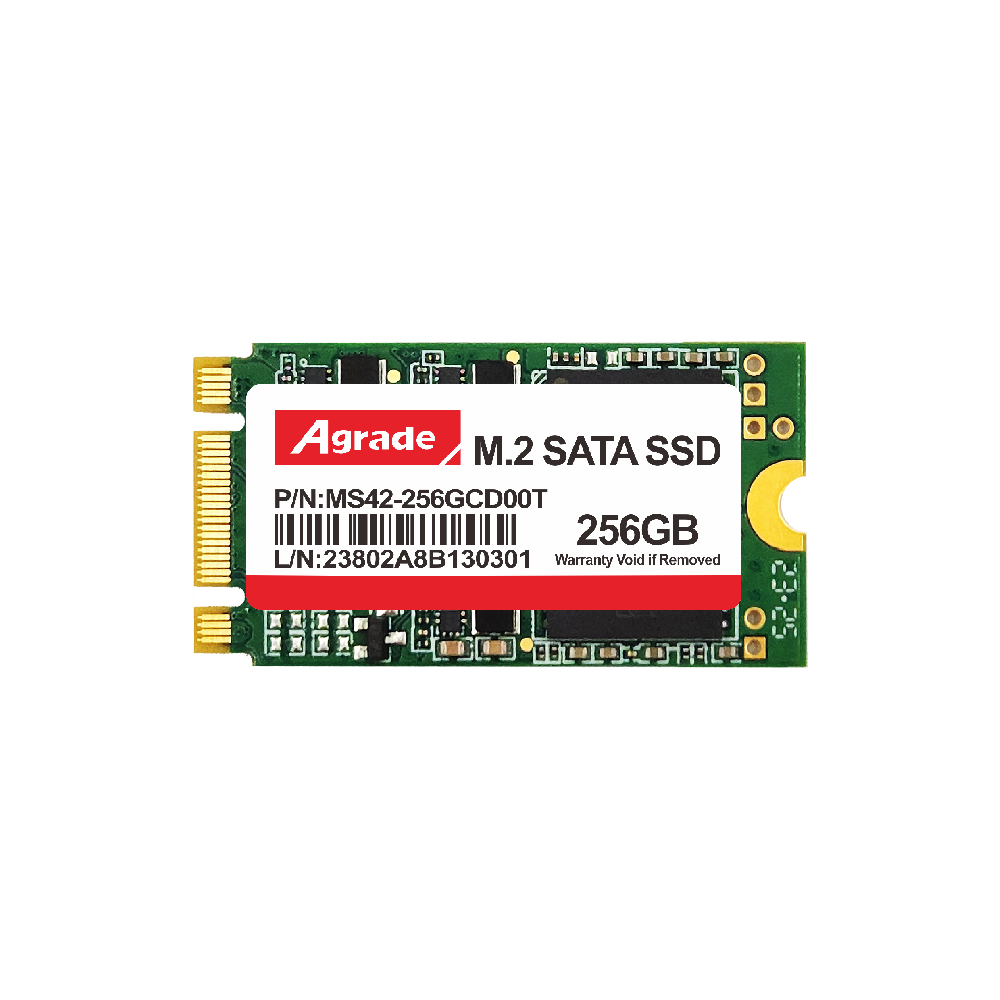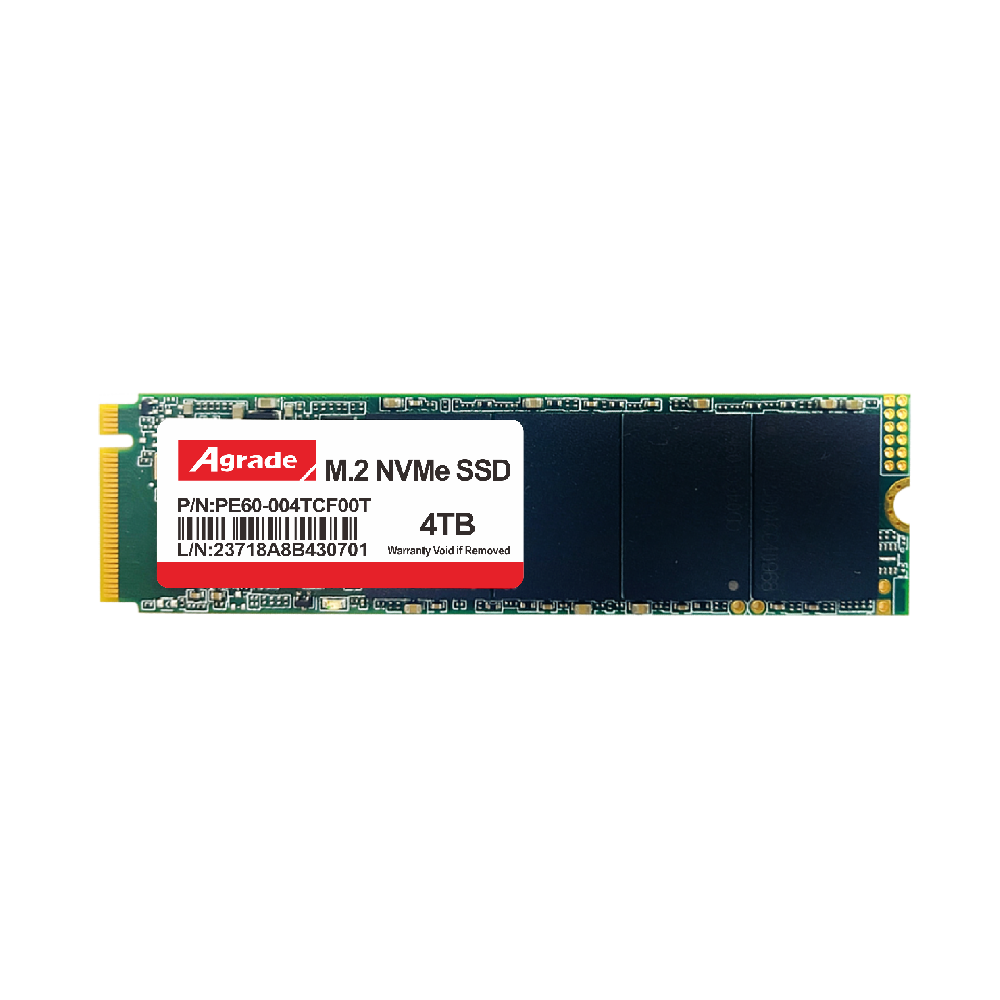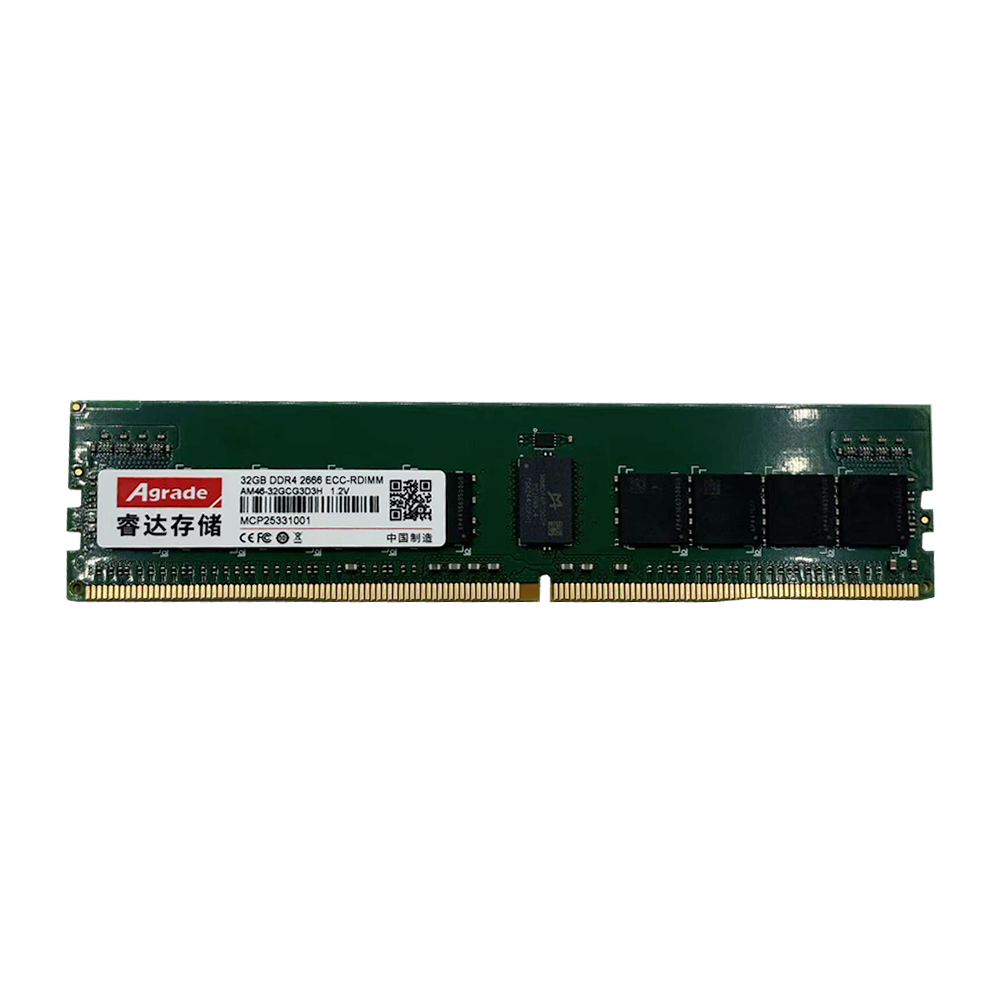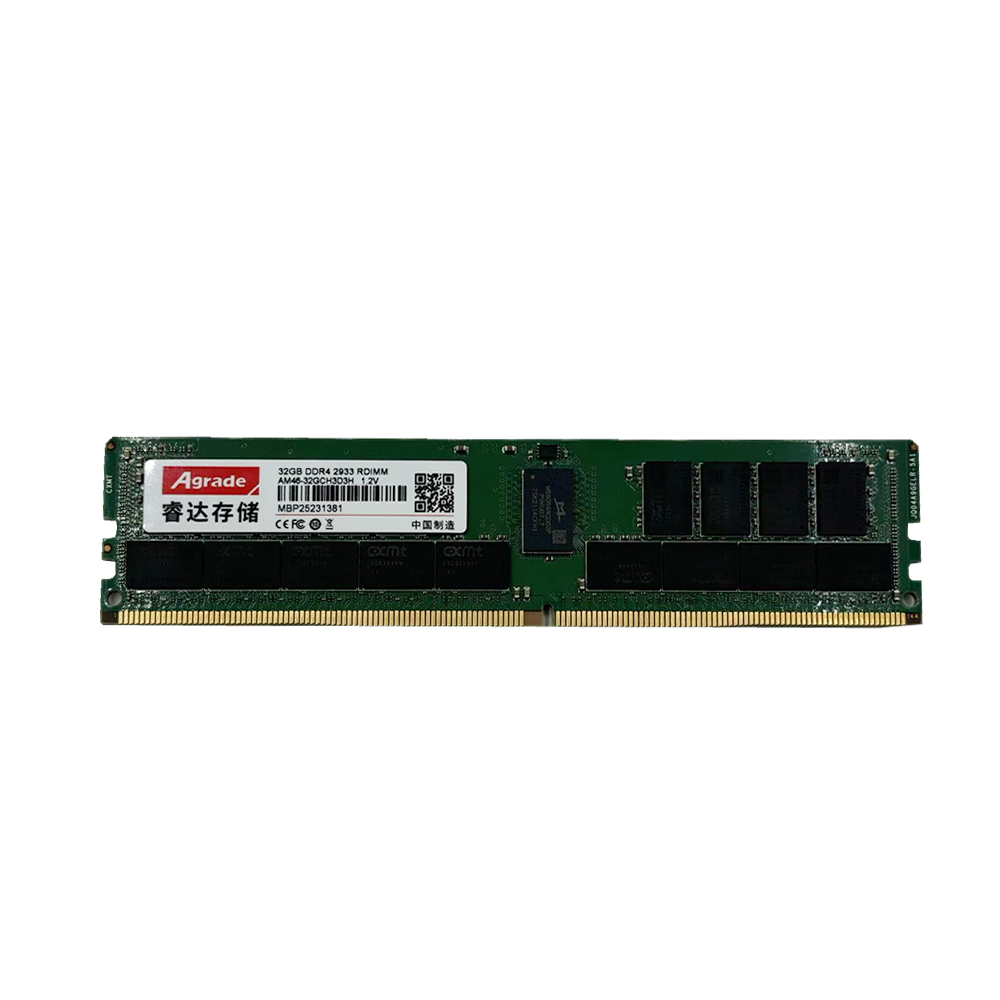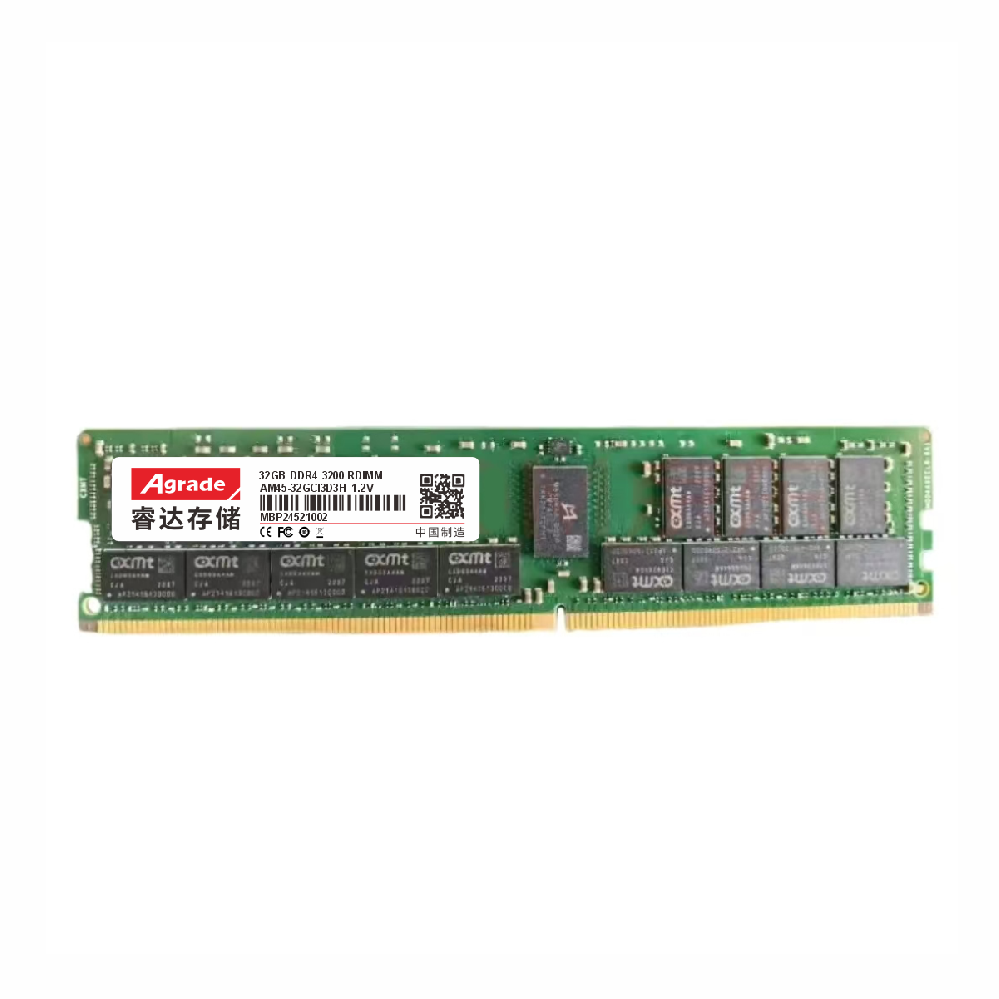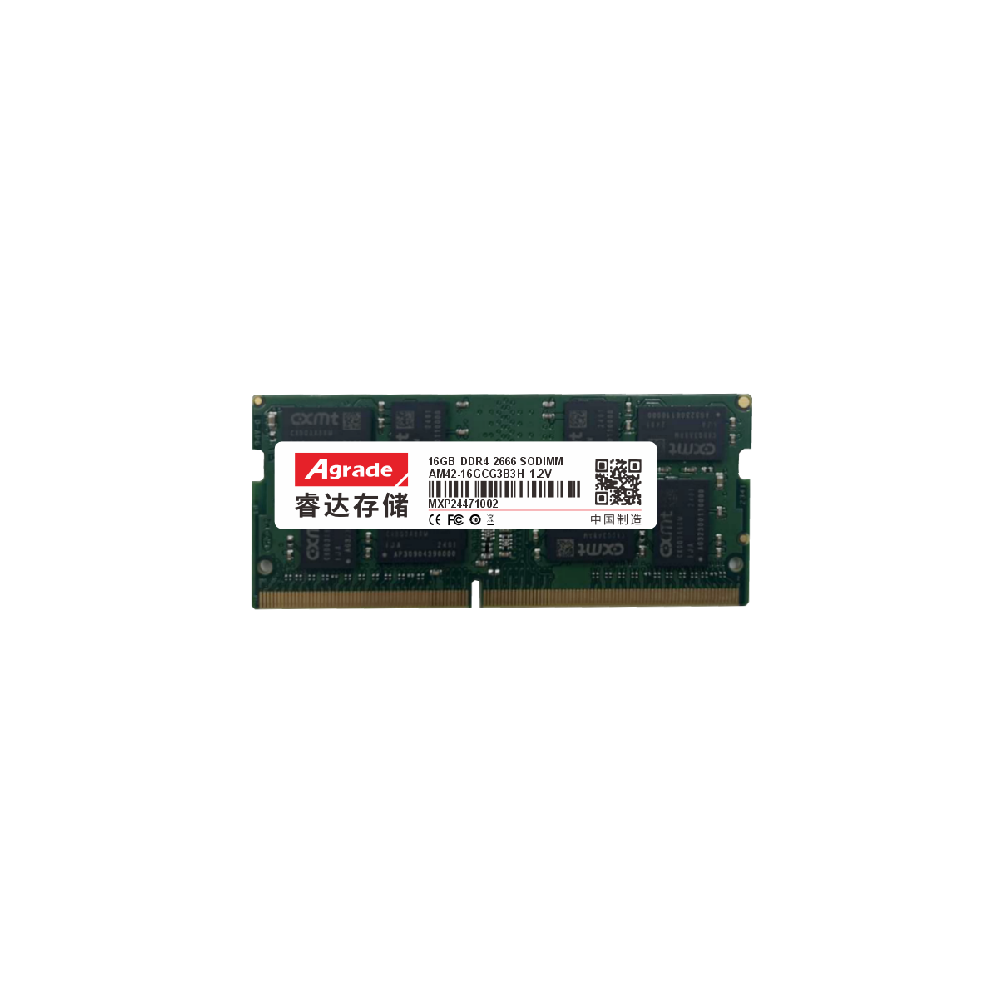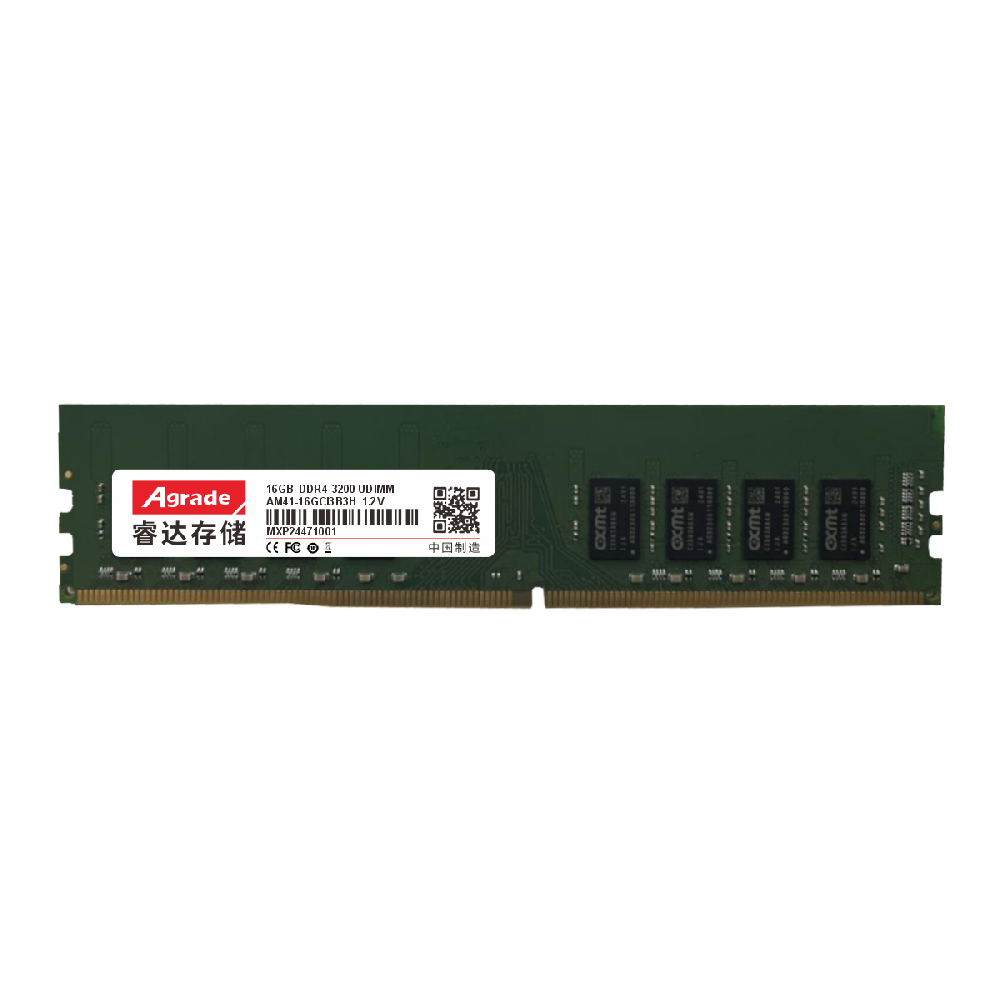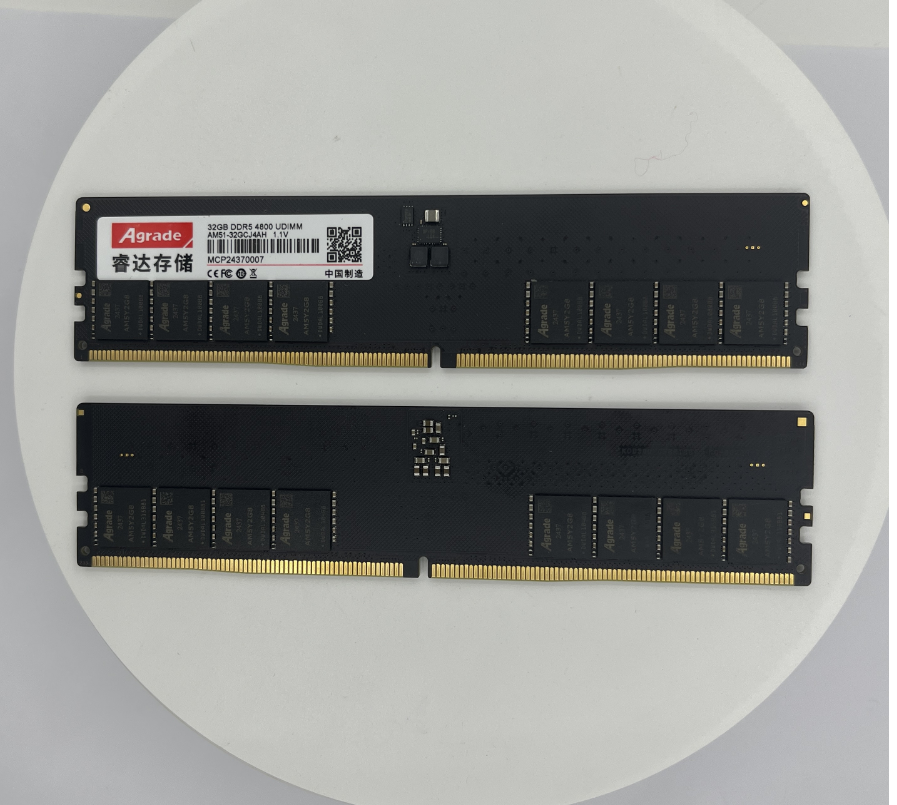

News
 电商部
电商部  2025-11-17 18:31:26
2025-11-17 18:31:26 Rugged Industrial SSD: Built for Extreme Environments
Rugged industrial SSDs are engineered to withstand the most punishing environments on Earth — from the freezing cold of arctic oil rigs to the dust and vibration of mining sites, and the moisture of offshore platforms. Unlike standard industrial SSDs, which focus on temperature and power stability, rugged models prioritize all-around durability, withstanding shock, vibration, moisture, dust, electromagnetic interference (EMI), and even physical impact. These features make them indispensable for sectors like military, mining, offshore energy, and field-deployed IoT.
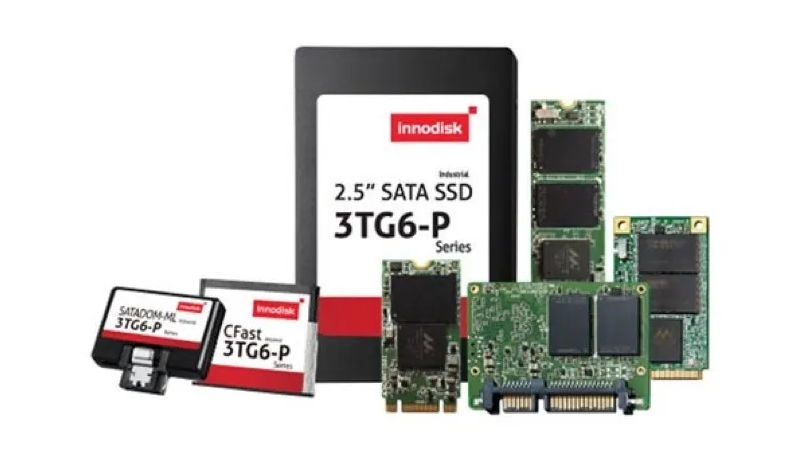
What Makes a Rugged Industrial SSD “Rugged”?
Ruggedness is achieved through a combination of hardware design, materials, and testing:
Reinforced Enclosures: Rugged SSDs use heavy-duty casings made from aluminum, stainless steel, or titanium. These materials absorb shock and vibration, protecting internal components (NAND flash, controllers) from physical damage. Some models feature rubberized or foam padding inside the enclosure for extra shock absorption.
Sealed Design: To resist moisture, dust, and debris, rugged SSDs have an IP (Ingress Protection) rating of IP67 or IP68. IP67 means the SSD is fully sealed against dust and can withstand immersion in 1m of water for 30 minutes. IP68 offers higher water resistance (up to 10m immersion) and is ideal for offshore or underwater applications (e.g., subsea sensors).
Shock & Vibration Resistance: Rugged SSDs meet MIL-STD-810G or IEC 60068-2-27 standards, resisting shock up to 100g (equivalent to a 1-meter drop onto concrete) and vibration up to 20g (continuous shaking in a vehicle or mining equipment). This is achieved through flexible connectors (to absorb movement) and shock-resistant circuit boards.
EMI/RFI Shielding: For military, power, or aerospace applications, rugged SSDs include EMI (Electromagnetic Interference) and RFI (Radio Frequency Interference) shielding. This prevents external electrical signals from disrupting the SSD’s operation and stops the SSD from emitting signals that could interfere with other equipment.
Extreme Temperature Tolerance: Most rugged SSDs operate from -40°C to 85°C, covering arctic, desert, and industrial heat environments. Some models extend to -55°C (for polar research) or 105°C (for desert military vehicles).
Key Use Cases for Rugged Industrial SSDs
Rugged industrial SSDs are used in sectors where standard storage solutions would fail within weeks:
Military & Defense: Military vehicles (tanks, Humvees), drones, and field-deployed communication systems use rugged SSDs to store mission plans, video footage, and sensor data. These SSDs withstand combat conditions (shock from explosions, dust, moisture) and meet military security standards (e.g., tamper-proofing to prevent data theft).
Mining & Construction: Mining equipment (excavators, drills) and construction vehicles operate in dusty, vibrating environments with temperature swings. Rugged SSDs store equipment diagnostics, location data, and safety logs, resisting dust, shock, and humidity.
Offshore Energy & Marine: Offshore oil rigs, wind turbines, and ships face saltwater corrosion, high humidity, and vibration. Rugged SSDs with IP68 ratings store operational data, weather readings, and maintenance records, enduring salt spray and occasional submersion.
Field IoT & Remote Sensing: IoT sensors deployed in remote locations (rainforests, deserts, polar regions) use rugged SSDs to store data without access to climate-controlled environments. These SSDs resist moisture, dust, extreme temperatures, and animal interference.
Emergency Services: Firefighting vehicles, ambulances, and disaster response equipment use rugged SSDs to store critical data (patient records, fire maps, communication logs) in harsh conditions (heat from fires, water damage, shock from accidents).
How to Choose a Rugged Industrial SSD
When selecting a rugged industrial SSD, focus on these factors:
Environmental Ratings: Match the IP rating, temperature range, and shock/vibration specs to your environment. For example, offshore applications need IP68, while arctic use requires -55°C operation.
Performance Needs: Choose between SATA (6 Gbps) for basic tasks or NVMe (PCIe 4.0/5.0) for fast data processing (e.g., drone video storage).
Capacity: Calculate your data needs (e.g., 1TB for 2 years of sensor data logging) and add a 20% buffer.
Certifications: Look for MIL-STD-810G, IP67/IP68, and AEC-Q100 (for automotive) certifications to validate ruggedness.
Security Features: For sensitive data (e.g., military or healthcare), select SSDs with AES-256 encryption and secure erase capabilities.
Rugged industrial SSDs are an investment, but their durability and reliability save money in the long run by avoiding downtime and replacements. Whether you’re deploying equipment in a war zone, a mining site, or the middle of the ocean, a rugged industrial SSD ensures your data stays safe and accessible.

